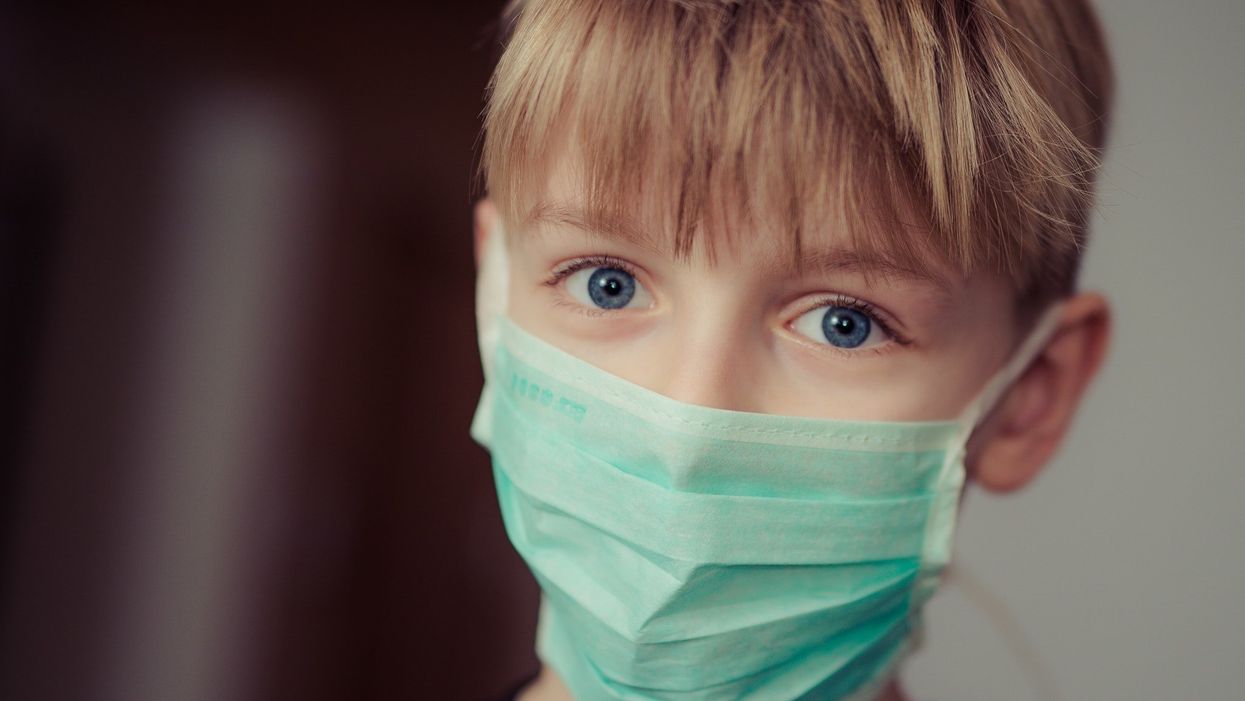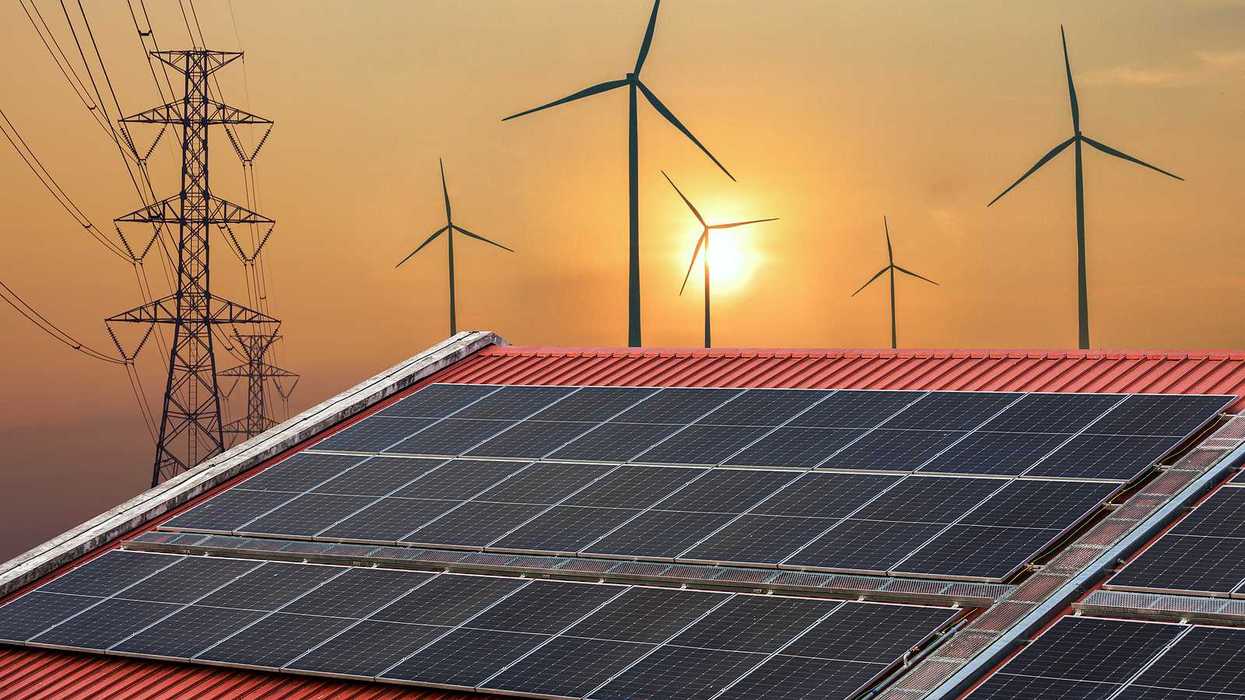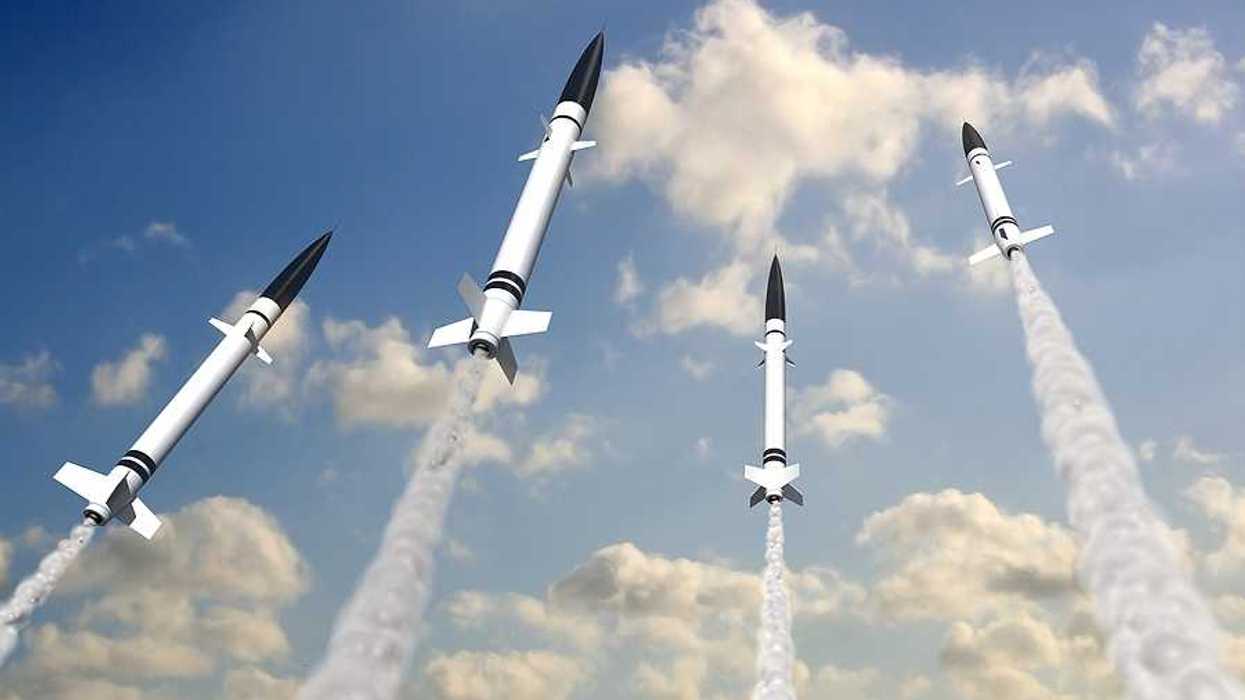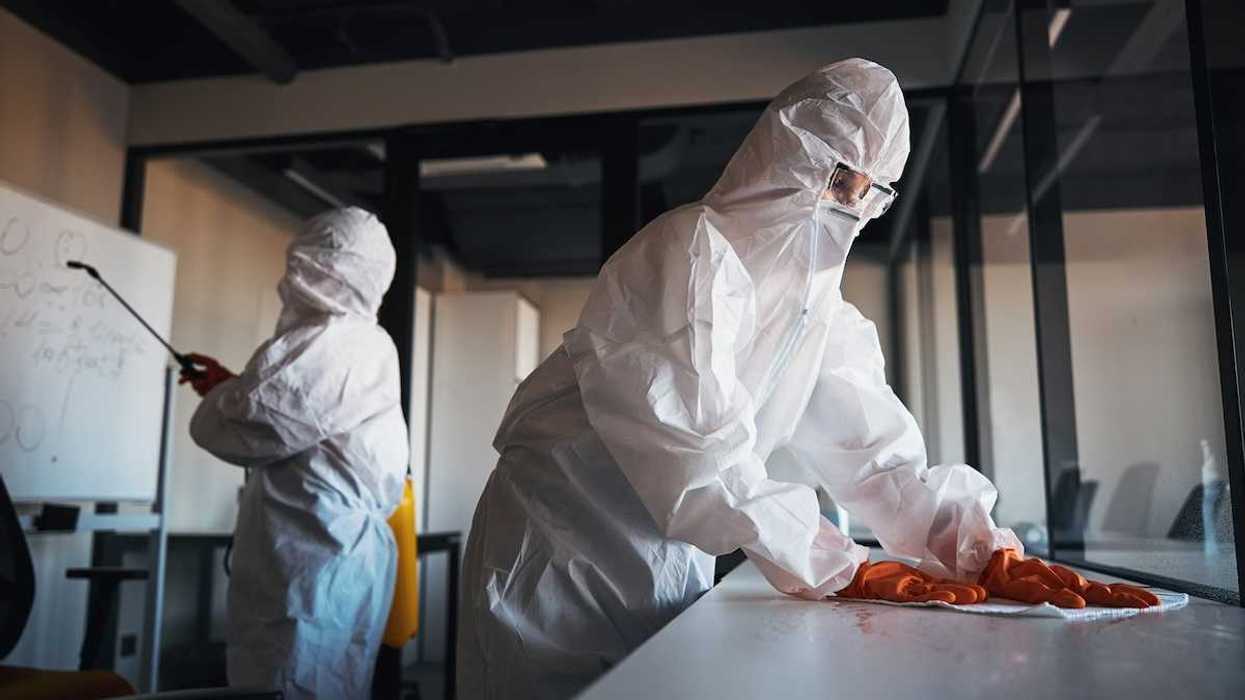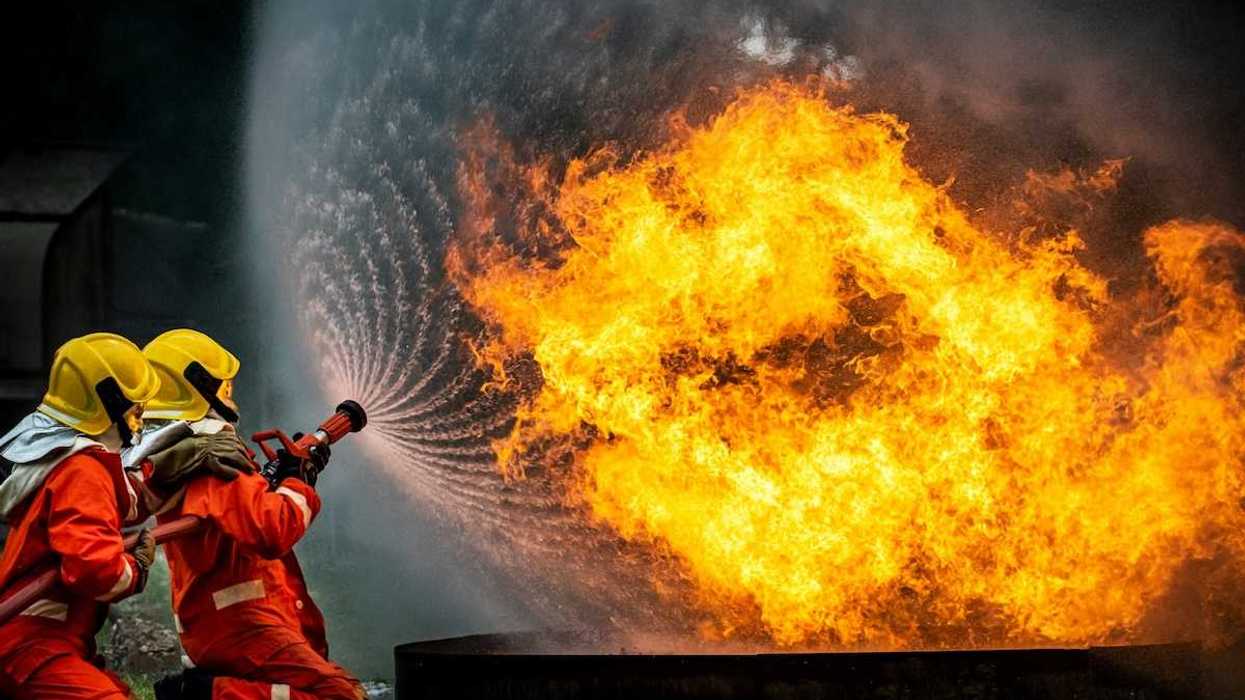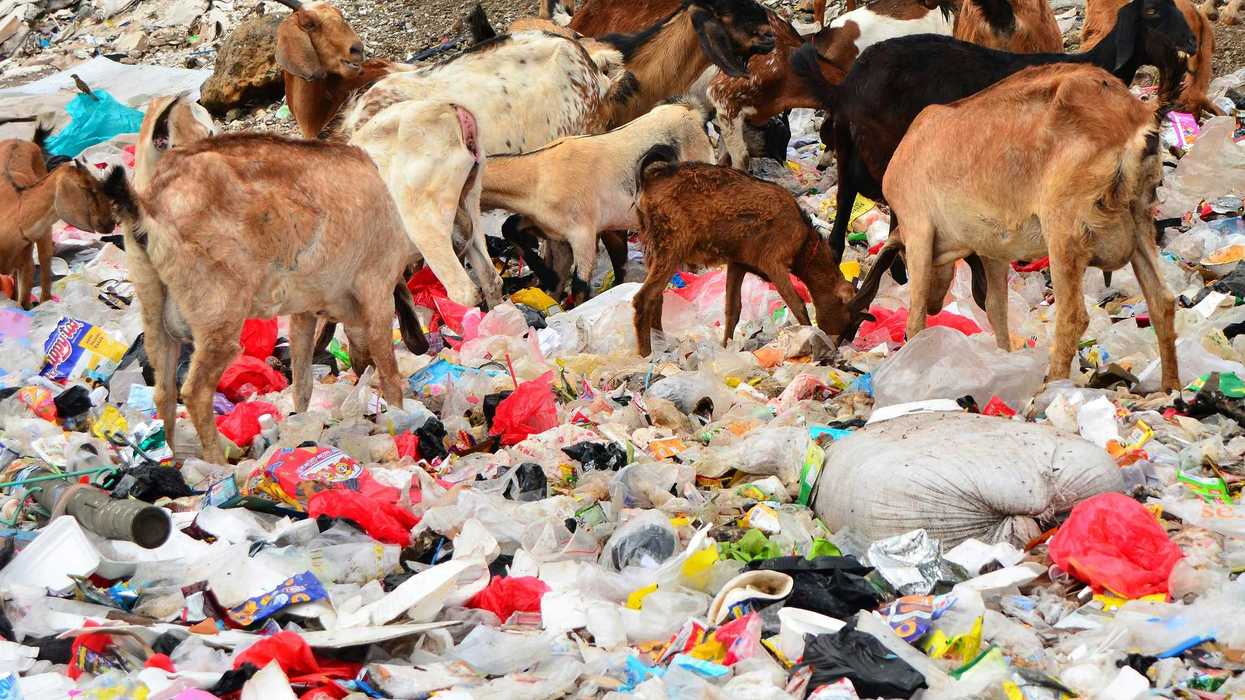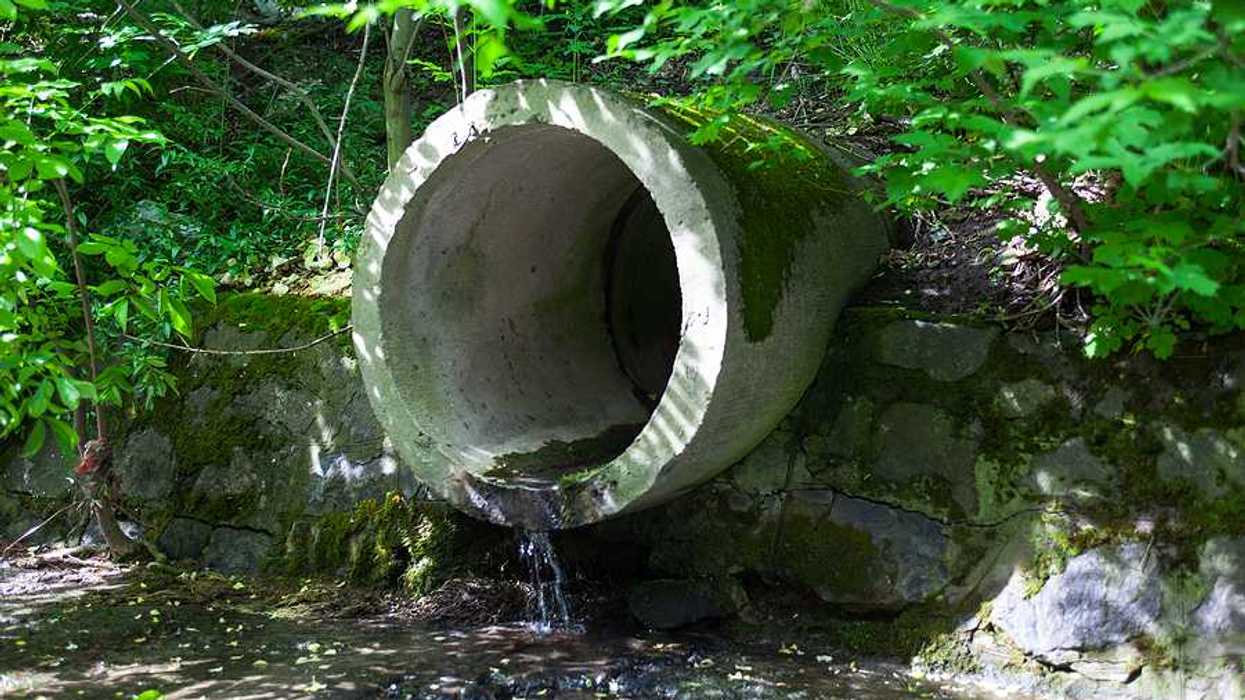PITTSBURGH—Pittsburgh is one of 10 major cities in the country to experience elevated levels of air pollution for more than 100 days a year, according to a new report from the PennEnvironment Research and Policy Center.
The study, published today, looks at national air quality data from 2016 in both urban and rural regions. Among the country's most populated cities, Pittsburgh ranked fourth most polluted, with 121 days in which half or more air monitoring locations reported elevated levels of particulate matter and ozone pollution.
The finding means Pittsburgh has approximately four months per year when air pollution is above the level the EPA says presents "little to no risk" to human health. Other recent research indicates that the city is also in the midst of a childhood asthma epidemic.
"We know we have air quality problems here in Pittsburgh," Western Pennsylvania Director for PennEnvironment Ashleigh Deemer told EHN. "More and more officials are aware of that and feeling that every day. We get calls all the time from folks suffering from asthma out in the community—more people are taking notice that it's related to bad air quality days."
In 2016, Pittsburgh saw 46 days in which half or more monitoring locations reported elevated levels of ozone pollution, and 97 days with elevated levels of particulate matter pollution, according to the report. The only metropolitan areas with more days of elevated air pollution than Pittsburgh that year were Los Angeles and San Bernardino in California, and Las Vegas.
Ozone and particulate matter pollution can trigger a host of respiratory and heart issues including heart attacks, asthma and COPD, and particulate matter pollution has also been linked to premature births and heightened risk of autism.
The report is one of several to emerge in recent months documenting serious problems with the region's air quality. In April, Pittsburgh received all F's on the American Lung Association's annual air quality report card. The same month, the EPA threatened Pennsylvania with sanctions for failing to reduce soot pollution in Allegheny County. Meanwhile, the Allegheny County Health Department is currently being sued for using millions of Clean Air fund dollars to pay for an office renovation.
"We have industrial polluters that violate their permits on a regular basis but are not being penalized," Deemer said, noting a previous PennEnvironment report that found 70 percent of the region's air pollution comes from 10 industrial sites. "It's somewhat of a polluter's paradise. If a polluter is violating their permit and the health department asks them to pay a nominal fine, they don't have any financial incentive to fix the problem. We have decades and decades of this lack of effective enforcement, and it adds up."
The new report also notes that levels of air pollution that meet current federal air quality standards can still be harmful to health, especially with prolonged exposure. Research shows increased numbers of premature deaths in people exposed to pollution at levels the EPA considers "good" or "moderate," and current federal standards are less stringent than those recommended by the World Health Organization.
The study comes following a string of air advisory days in the region, and in the midst of threats from the Trump Administration to roll back federal clean car standards and other clean air policies. The issue is a problem well beyond Pittsburgh: 73 million Americans living in 56 metropolitan areas and four rural counties experienced more than 100 days of degraded air quality in 2016, according to the report.
"When it comes to Pittsburgh, I think a lot of this is going to come down to how our leaders view our economy and growth opportunities here," Deemer said. "Some local leaders have framed this as jobs vs. public health and the environment, and that's just not a choice we have to make. We know there are options out there for creating a vibrant and strong economy here without selling out our health."

